Crossing Divides: The friends who are good for your brain
- Published
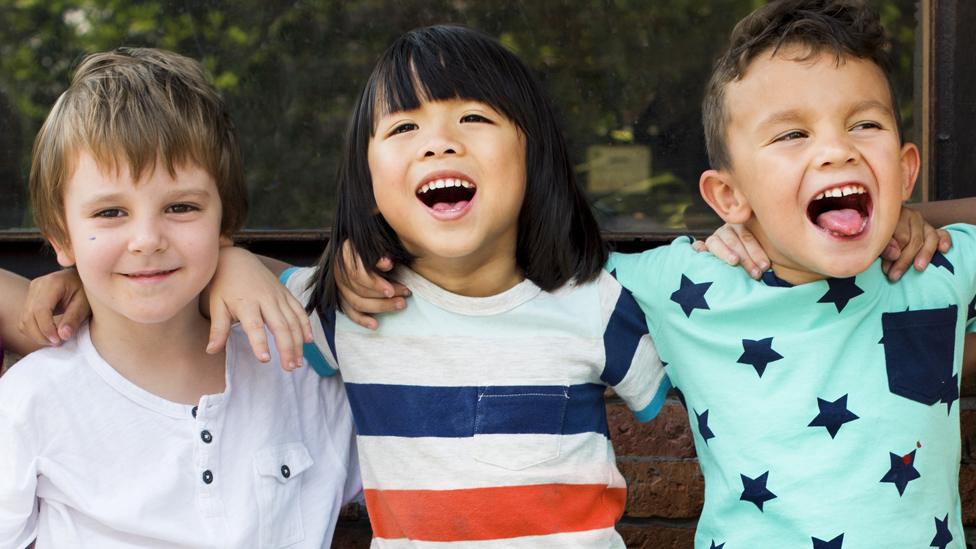
Creative thinking is essential for everything from solving problems to personal fulfilment. So, how can we do more to nurture it?
Every day we are expected to make hundreds of decisions and judgements.
These range from small ones, like what to have for breakfast, to big ones like whether to take a new job.
The trouble is that our mental resources are limited - the human mind can only cope with so many things.
Given this huge challenge, we adopt mental shortcuts to function effectively. It is an approach which gets us through life, but which can also limit our growth as people.
Something as simple as thinking about the people we have around us can do a lot to change that and can even help us become more creative.
101 uses for a spoon
It may seem like an odd question, but what is a spoon for?
Your automatic assumption might well be that it is for stirring a cup of tea, or for eating cereal.
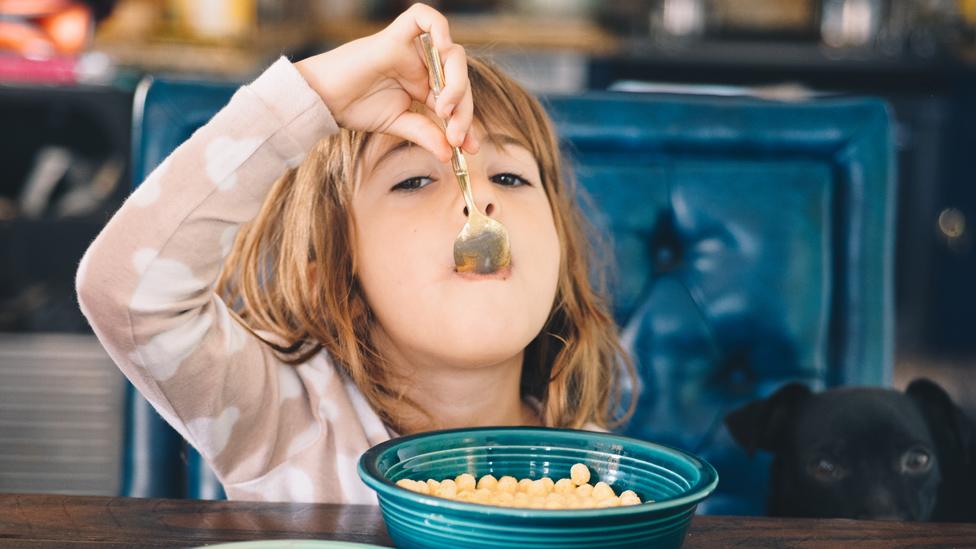
We do not tend to think about the many other uses a spoon could have. What about using it to dig a hole, wedge a door open, or catapult peas across the table?
The idea we reach first is a mental shortcut: it requires no thought and comes to mind without effort. It is a stereotype of the reasons for which we use a spoon.
This is an example of heuristic thinking, or what many people would refer to as a gut feeling.
Nevertheless, research suggests that there are some surprising ways, external in which we can think more creatively - breaking away from the many such automatic thoughts we have

BBC Crossing Divides
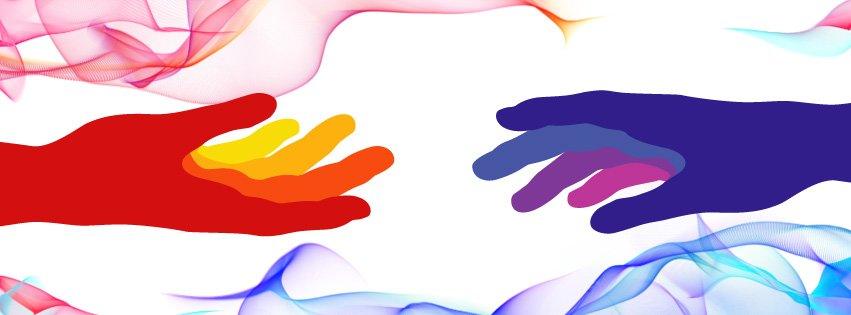
A season of stories about bringing people together in a fragmented world.

One is by opening ourselves up to greater social diversity - in other words, doing things like mixing with, or listening to, people who are not "just like us".
There are many ways in which we differ from each other: age, race, education, home town and so on.
Being asked to interact with someone from a different culture or background requires us to take a leap outside our comfort zones. Even just imagining doing this can have an effect.
Put differently, diversity gives the brain a powerful workout. And, just like a physical workout, it can be incredibly good for us.
Beyond the obvious
However, we know that "birds of a feather flock together". People tend to make friends with those who are similar to them - in terms of values, preferences, and personality traits.
Breaking with these habits helps us challenge the heuristic-based thinking that shapes our automatic thoughts.

Birds of a feather flock together
When people are exposed to a more diverse group of people, their brains are forced to process complex and unexpected information.
The more people do this, the better they become at producing complex and unexpected information themselves.
This trains us to look more readily look beyond the obvious - precisely the hallmark of creative thinking.
The candle problem
In a study on the benefits of social diversity,, external one group of participants was asked to think of someone who conformed to stereotypes - such as a female midwife.
The other group was asked to think of someone who did not - for example, a male childminder.
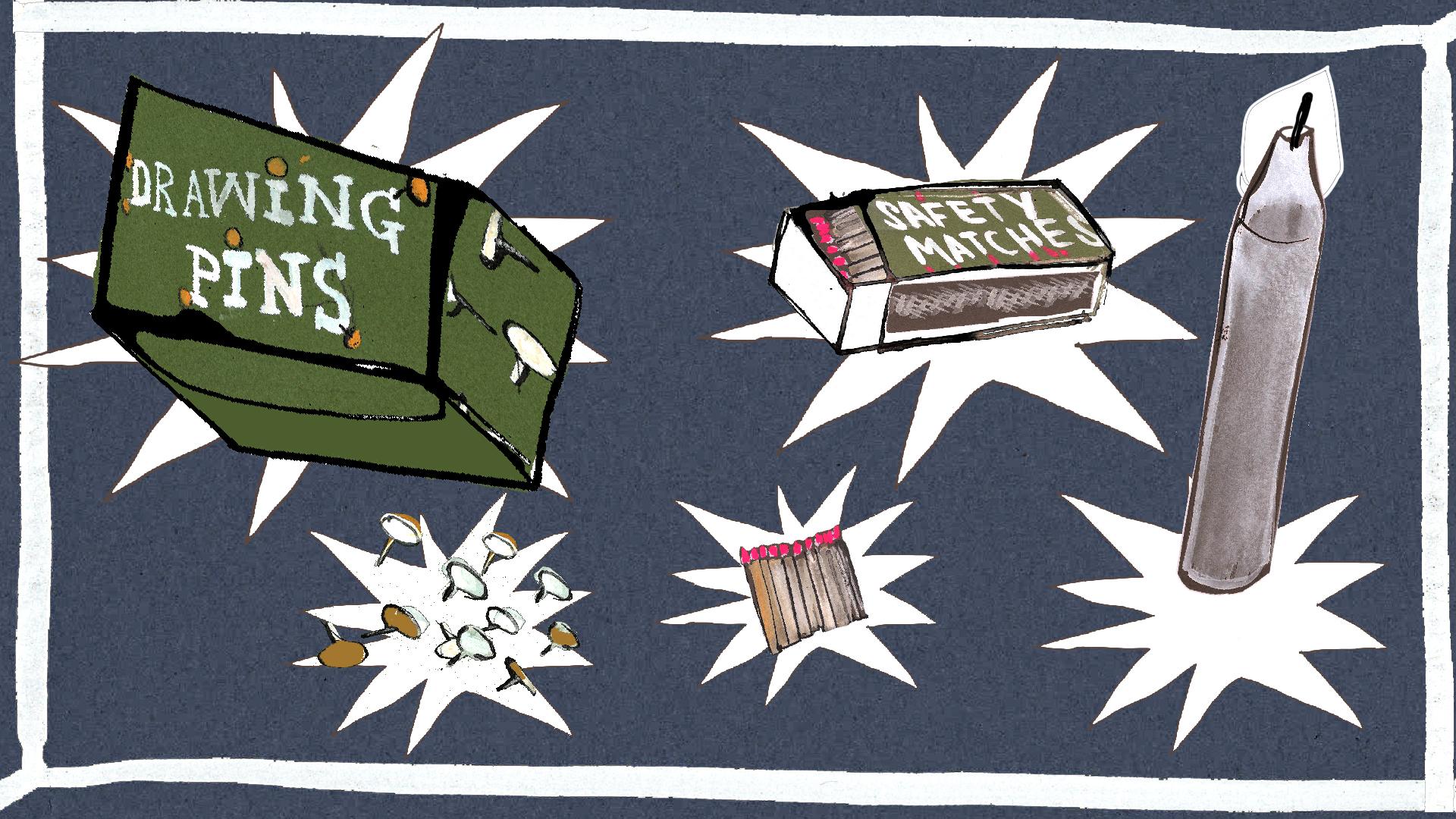
How do you attach a candle to a wall with only a box of matches and drawing pins?
We then measured the effect on creativity by asking participants to produce original names for a new brand of pasta. They were given existing pasta names as examples.
Results showed that the group asked to picture people who did not conform to stereotypes were more creative.
They relied less on the heuristic-based knowledge available in the task - the example of brand names - and came up with better new ones. Anyone for a bowl of "fontegalli" or "squigllioni"?
Other research has explored whether an experience of living abroad enhances creativity, external.
The researchers used a puzzle called the Duncker candle problem.
Participants were shown a picture containing a candle, a box of matches, and a box of pins.
The task was to figure out, using only the objects on the table, how to attach the candle to the wall so that the candle burns properly and does not drip wax on the floor.
The correct solution involved using the box of pins as a candleholder.
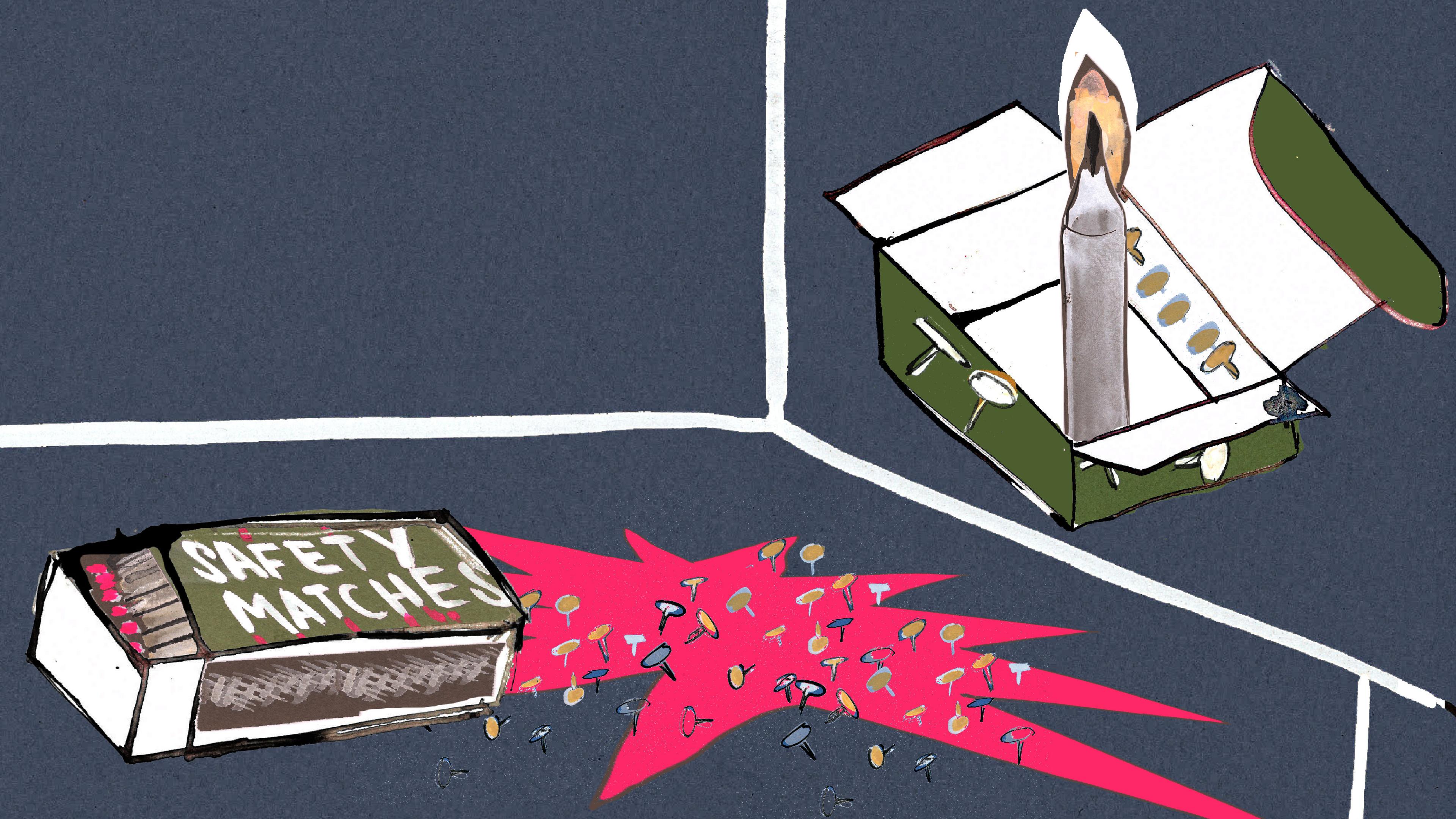
This task requires participants to ignore their pre-existing associations and see objects as performing different functions from what is typical.
The results showed that an experience of living abroad enhanced performance on this creativity task.
A new perspective
Of course, most of us will not be improving our creativity by thinking about spoons, pasta names, or attaching candles to a wall.
But there are many other things that can help us.
Engaging with diversity could include anything from watching foreign films to reading books about someone from a different background.
It could mean making new friends through volunteering with a group that includes people of all ages, or joining a sports club that involves people from other cultures.
Researchers have also found that creating and enjoying the arts can help us, external see things from a new perspective, by putting ourselves in a character's shoes.
They can also create a feeling of connectedness, external and general kindness., external
Opening ourselves to new experiences can seem hard to do, but it can help us cross divides and nurture new and inclusive friendships.
In these challenging times for social cohesion, there may be real benefits of embracing the new and the unexpected.
In doing so, we may not only be helping our own personal growth, but putting ourselves in the best possible position to help solve society's enduring problems.

About this piece
This analysis piece was commissioned by the BBC from experts working for an outside organisation.
Dr Julie Van de Vyver, external is assistant professor in the Department of Psychology at Durham University. Follow her @j_vdvyver, external
Prof Richard Crisp, external is head of the Department of Psychology at Durham University. Follow him @ProfRichCrisp, external

Edited by Duncan Walker